.
.
photo by John Vachon/Library of Congress, Prints & Photographs Division, Farm Security Administration/Office of War Information Black-and-White Negatives
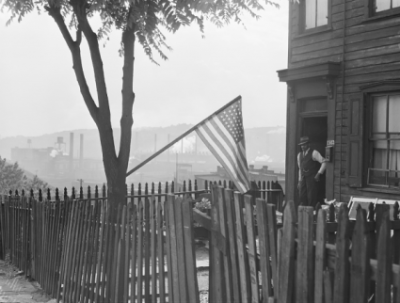
“Flag Day, Pittsburgh, Pennsylvania, 1941”
.
___
.
Climate Change 1
If the sea keeps rising
it will reach Pittsburgh tomorrow
and I will put on new clothes
and forget Myrtle Beach
and Charleston
and the Outer Banks
and I will pray with the fish over rusty mills
and trade places with ore cars and cranes
roses are red
violets are blue
I will sing underwater now
before a new sunrise
before I go to work
before I pay taxes
.
..
Climate Change 2
Going to work
like everyone else
how could it be so hot?
Pittsburgh stops for a minute
like a baked apple
when I was younger
I heard Elvis was arrested
for skinny dipping in Lake Mead
while shooting Viva Las Vegas
and I think
thus
did the cool world end in 1963
he was lucky
he wasn’t born
in the hard years since
the sun started making an ass of himself
.
..
Climate Change 3
……………………….after Chase Twitchell
If God
was a woman
She would be swallowed by the iron mouth
of Pittsburgh
and spit out
like Jonah in the Bible
then She’d kick some ass
and I wouldn’t have to go to work
for nothing anymore
with all the other fuckups
and if the sea rose and covered everything
so what
She would burn it
and not make it snow again
and for that
the rivers would make little rivers
the mills little mills
the priests would hand out wafers
and forgive me
and I would be Her truest friend
I would be the little dog that found Her
.
..
Climate Change 4
I’ve been writing memoirs
since I came out of my beloved mother
by the Great Lakes
in Ohio
one in a litter of kids
between her legs
and through the years
the places and names came running like thieves
then trees and hills
and hours
and days
and sickness
and even if the planet stopped for a second back then
out of gas and choking
it never stopped for me
like she did
.
..
Climate Change 5
……………………….after Terrance Hayes
Jesus
don’t deceive me
I know when I die
You want me buried in the desert
where You and Peter preached
since
there will only be deserts and mountains left
and no flowers blooming
but the cussed wind
no Coltrane solos
but the snoring of the last bear
.
..
Climate Change 6
The cypress trees
on the Black River in North Carolina
are older than Christianity
the oldest trees east of California
now dying
in glades and pools
they forgot how time began
they forgot Adam and Eve and Original Sin
and true love
and shame
and cigarettes
nobody told them bebop was yet to come
.
..
Climate Change 7
I work
in a building
high above Pittsburgh
and close to God
I call Him friend
friend I say
behold these steep and lofty cliffs
behold these rivers
behold these mills
once upon a time they were Yours
once upon a time they burned
.
..
Climate Change 8
We cut potatoes in half
threw them to gators
listened to Art Van Damme on the radio
tied ourselves to trees
we
to whom the swelling sea made no difference
if this were an ordinary day
before the virus
and God was an American
and not pissed off
.
..
Climate Change 9
For Kathleen
who
in kindergarten
drew grandma and grandpa
smiling with birds
in front of the old house
on McCoy Road
death nowhere to be found
so proud
because it is a well-known fact
crayons don’t lie
even if the air stops
even if the ice melts
I bless this poem then
because why should I write about sad things?
.
..
Climate Change 10
This is a man’s world someone said
as one by one they crowded onto the Red Line
without masks
the July sun beating their shoulders bronze
that’s all you could see for a minute
not like James Brown and not in words
for these Iron workers were silent mostly
unlike the rest of us
with lean bodies tools for arms hard eyes
leather boots lunch coolers one a small Bible
they were sent to fix our city
with cranes and steel and torch and rivet
and walk miles above Pittsburgh where God begins
no matter what you or I might say
if they had opinions they kept them to themselves
they were not part of our world nor we of theirs
at the last stop
they stood on the platform
like friends off to war in the old history books
looking back at the sick country they left
.
.
___
.
.

John Stupp’s third poetry collection Pawleys Island was published in 2017. His manuscript Summer Job won the 2017 Cathy Smith Bowers Poetry Prize and was published in August 2018. A chapbook entitled When Billy Conn Fought Fritzie Zivic was published by Red Flag Poetry in January, 2020. (From 1975-1985 he worked professionally as a mediocre jazz guitarist). He lives near Pittsburgh, Pennsylvania and can be reached via email at [email protected].
.
.
___
.
.
Listen to a 1962 recording of Billy Strayhorn — who began his musical career in Pittsburgh — playing “Multi-Colored Blue”
.
.
.







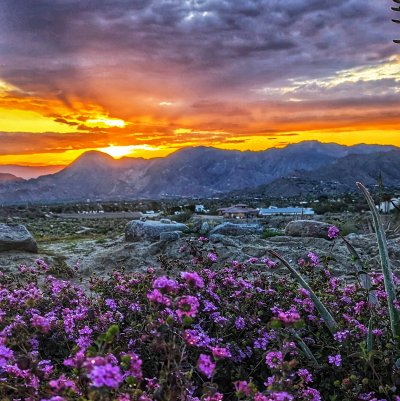

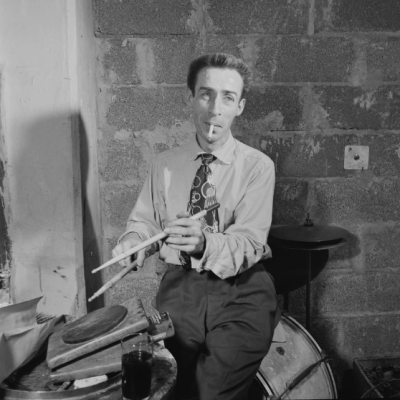


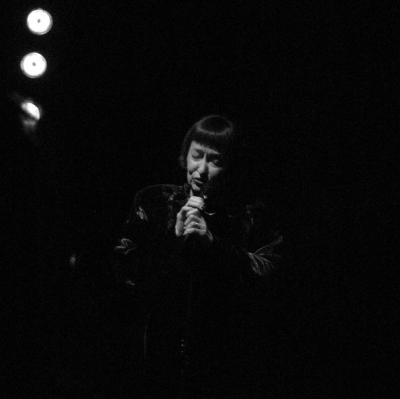




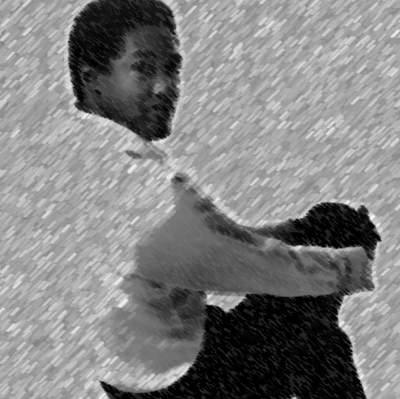

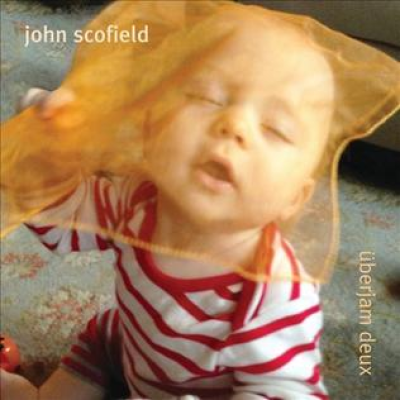





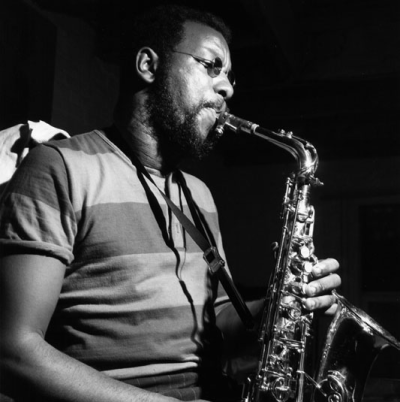

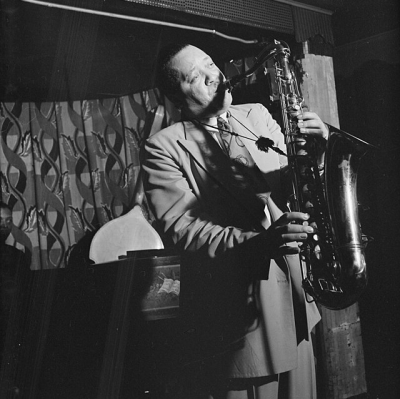

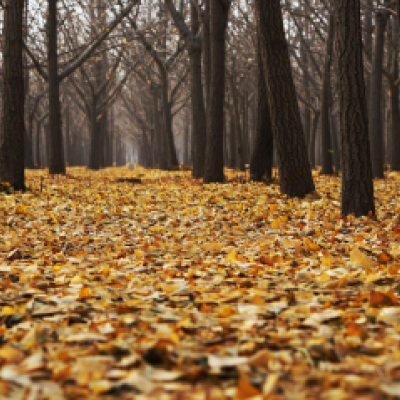


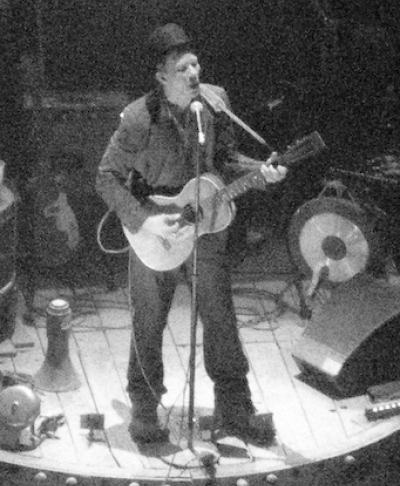









A very well-executed and timely poetry sequence. I salute your achievement, hermano.